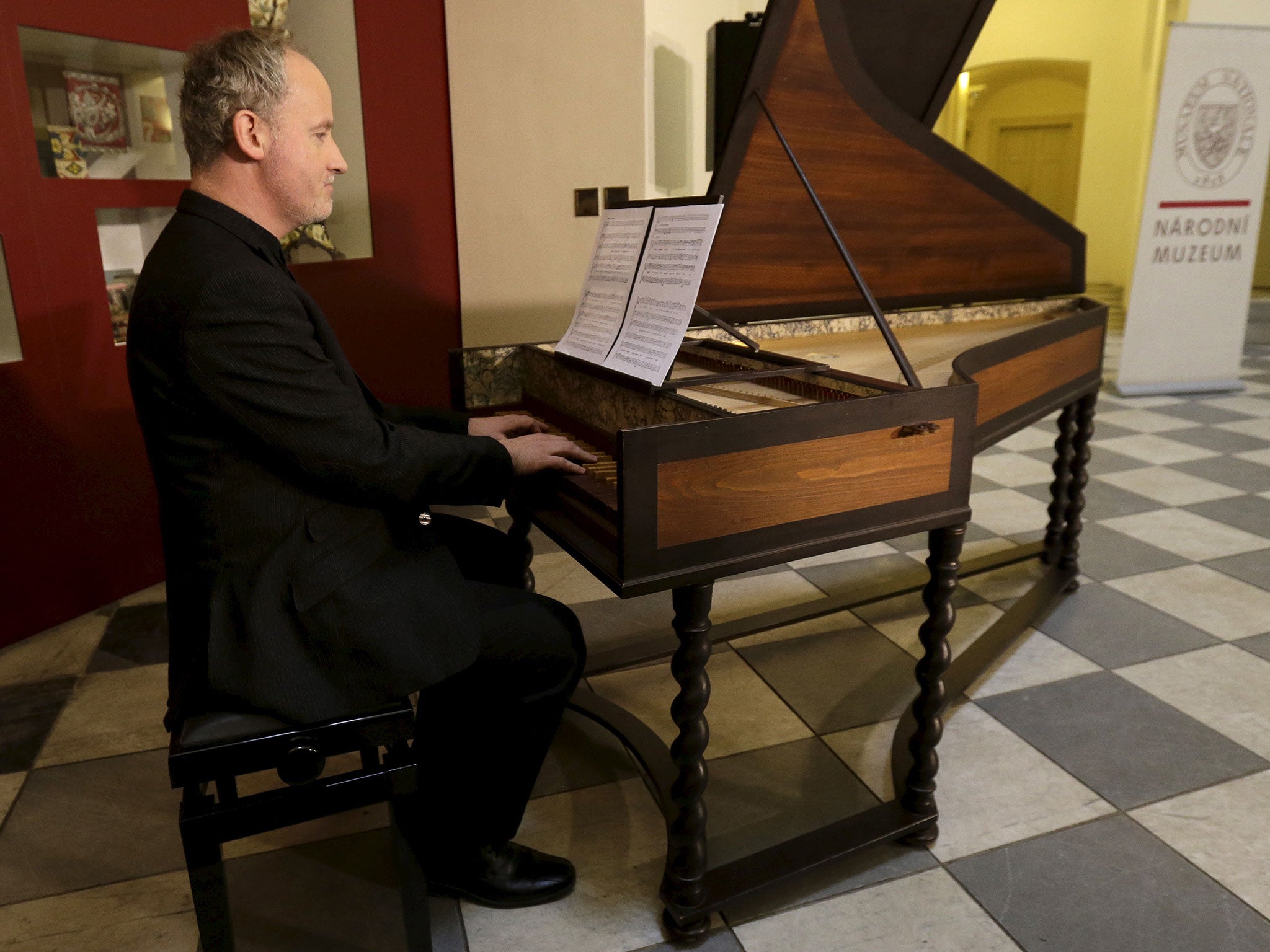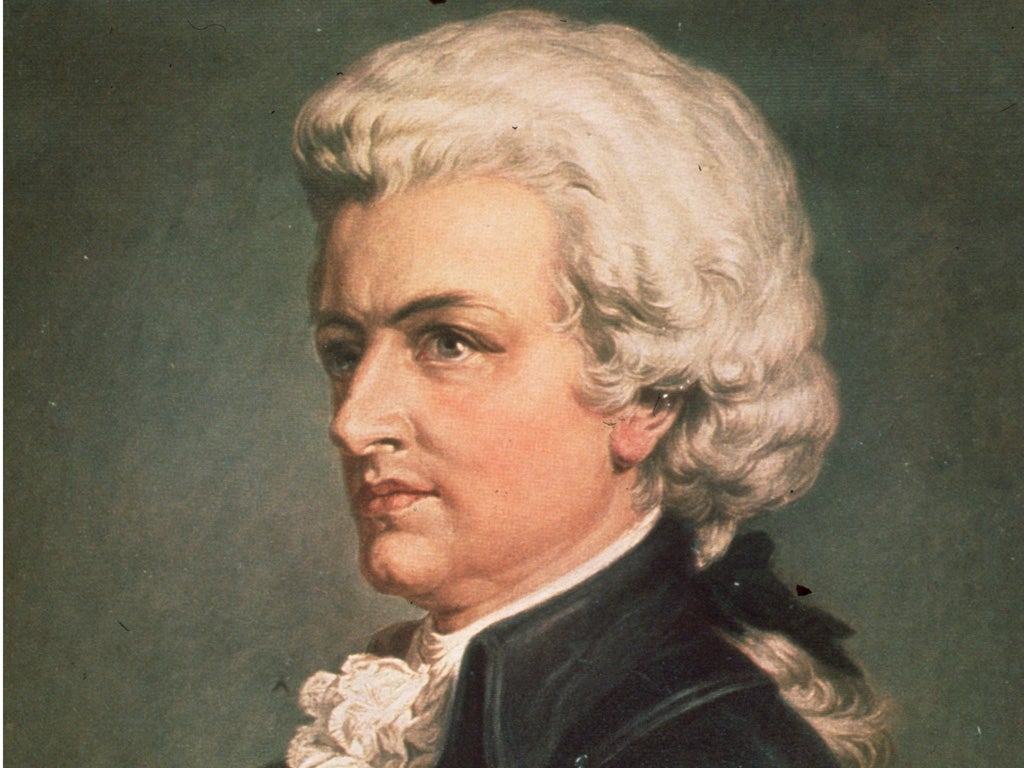Mozart and Salieri 'lost' piece played for first time since being rediscovered
The four-minute cantata was performed on a harpsichord

Your support helps us to tell the story
From reproductive rights to climate change to Big Tech, The Independent is on the ground when the story is developing. Whether it's investigating the financials of Elon Musk's pro-Trump PAC or producing our latest documentary, 'The A Word', which shines a light on the American women fighting for reproductive rights, we know how important it is to parse out the facts from the messaging.
At such a critical moment in US history, we need reporters on the ground. Your donation allows us to keep sending journalists to speak to both sides of the story.
The Independent is trusted by Americans across the entire political spectrum. And unlike many other quality news outlets, we choose not to lock Americans out of our reporting and analysis with paywalls. We believe quality journalism should be available to everyone, paid for by those who can afford it.
Your support makes all the difference.A piece of music by Mozart and Antonio Salieri considered lost for more than 200 years hs been performed for the first time in Prague since it was rediscovered.
The four-minute cantata was performed on a harpsichord for an audience on Tuesday. It was found in the archives of the Czech Museum of Music in November 2015.
It was found by Timo Jouko Herrmann, a German musicologist and composer, who recognised the name of the piece while browsing the museum's online catalogues.
The score was written in a collaboration between Mozart and Salieri, usually considered his rival, and an unknown composer, Cornetti.

Rumours Salieri poisoned the Austrian composer out of jealousy were popularised by several plays and the Oscar-winning film Amadeus, but have long been discounted by historians.
"We all know the picture drawn by the movie Amadeus," Ulrich Leisinger, from the Mozart Institute of Salzburg, told reporters.
"It is false. Salieri did not poison Mozart, but they both worked in Vienna and were competitors."
The piece, named "Per la Ricuperata Salute di Ofelia", translates into English as "For the recovered health of Ophelia". It was written to celebrate the recovery of English soprano Nancy Storace, who often performed work by Mozart and Salieri.
Mrs Leisinger described the piece as "not great," but said it "really sheds new light on Mozart's daily life as an opera composer".
Join our commenting forum
Join thought-provoking conversations, follow other Independent readers and see their replies
Comments